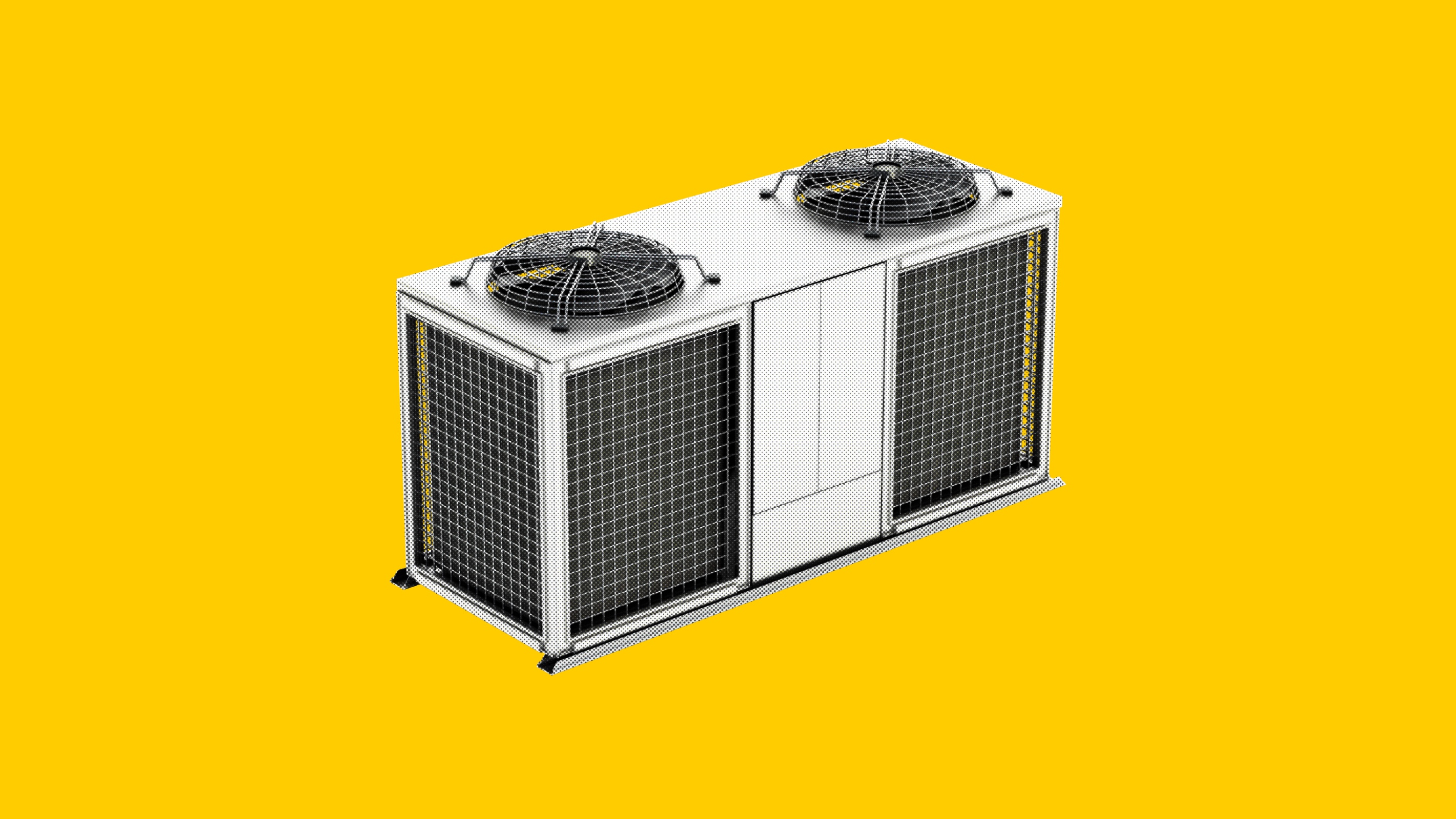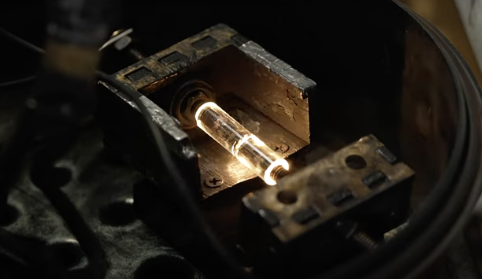Japanese Machine Converts Plastic to Oil

The perils of plastic are nothing new to most of us. A lesser-known fact, however, is that plastic has a higher energy value than just about any other type of waste. To harness this energy while addressing the waste problem, Japanese company Blest has created a machine that converts several types of plastic into oil.
Rather than burning the plastic using flame, which generates CO2, the machine uses a temperature-controlled electric heater to convert plastic into crude gas, which can then be used to power gas-based household appliances like stoves, boilers and generators or, if refined, can even be pumped into a car or motorcycle. Small yet highly efficient, the machine produces nearly one liter of oil – gasoline, diesel or kerosine – from every kilogram of plastic, requiring only 1 kilowatt of electricity for the conversion.
 Though the machine currently processes only plastic class 2, 3 and 4 (polyethylene, polystyrene and polypropylene) and not class 1 (PET bottles), it still offers a remarkable solution to a serious problem and has many potential applications. Blest CEO Akinori Ito says there currently over 60 machines installed at farms, fisheries and small factories in Japan as well as a handful abroad. They can be used for everything from converting trash left behind by tourists into oil to power tour busses and boats to powering restaurant kitchen stoves with plastic from food packaging.
Though the machine currently processes only plastic class 2, 3 and 4 (polyethylene, polystyrene and polypropylene) and not class 1 (PET bottles), it still offers a remarkable solution to a serious problem and has many potential applications. Blest CEO Akinori Ito says there currently over 60 machines installed at farms, fisheries and small factories in Japan as well as a handful abroad. They can be used for everything from converting trash left behind by tourists into oil to power tour busses and boats to powering restaurant kitchen stoves with plastic from food packaging.
Maria Popova is the editor of Brain Pickings, a curated inventory of miscellaneous interestingness. She writes for Wired UK, GOOD Magazine and Huffington Post, and spends a shameful amount of time on Twitter.





